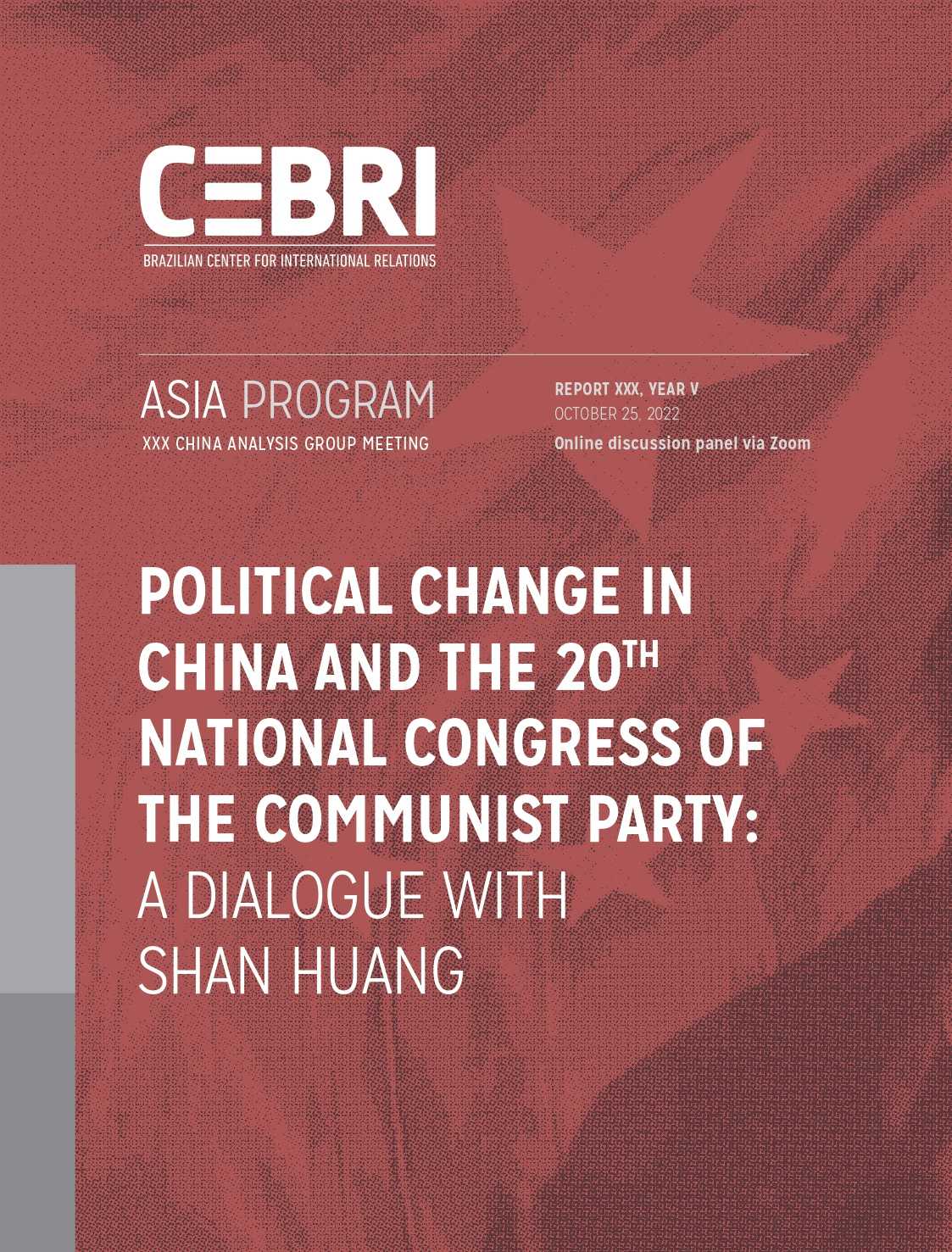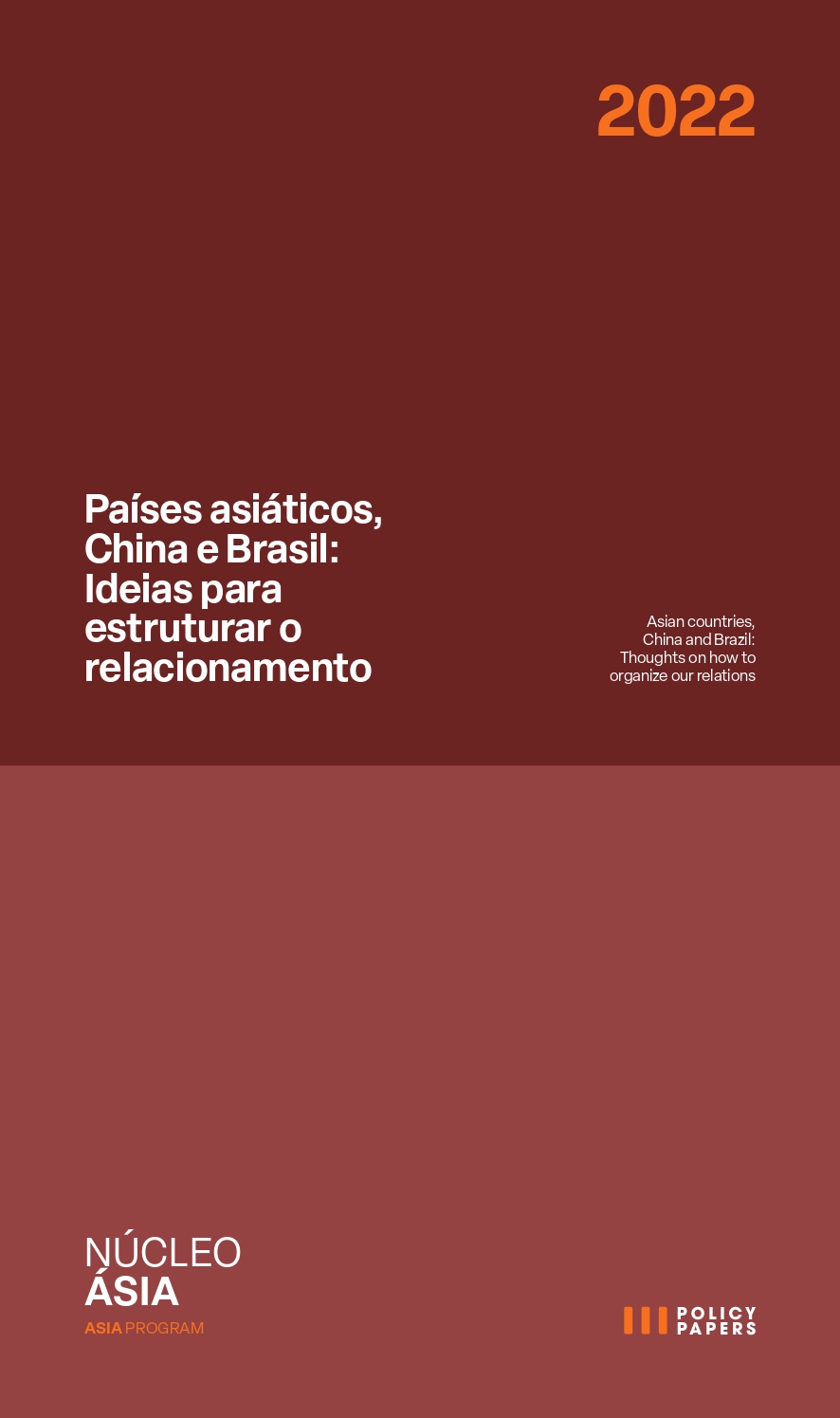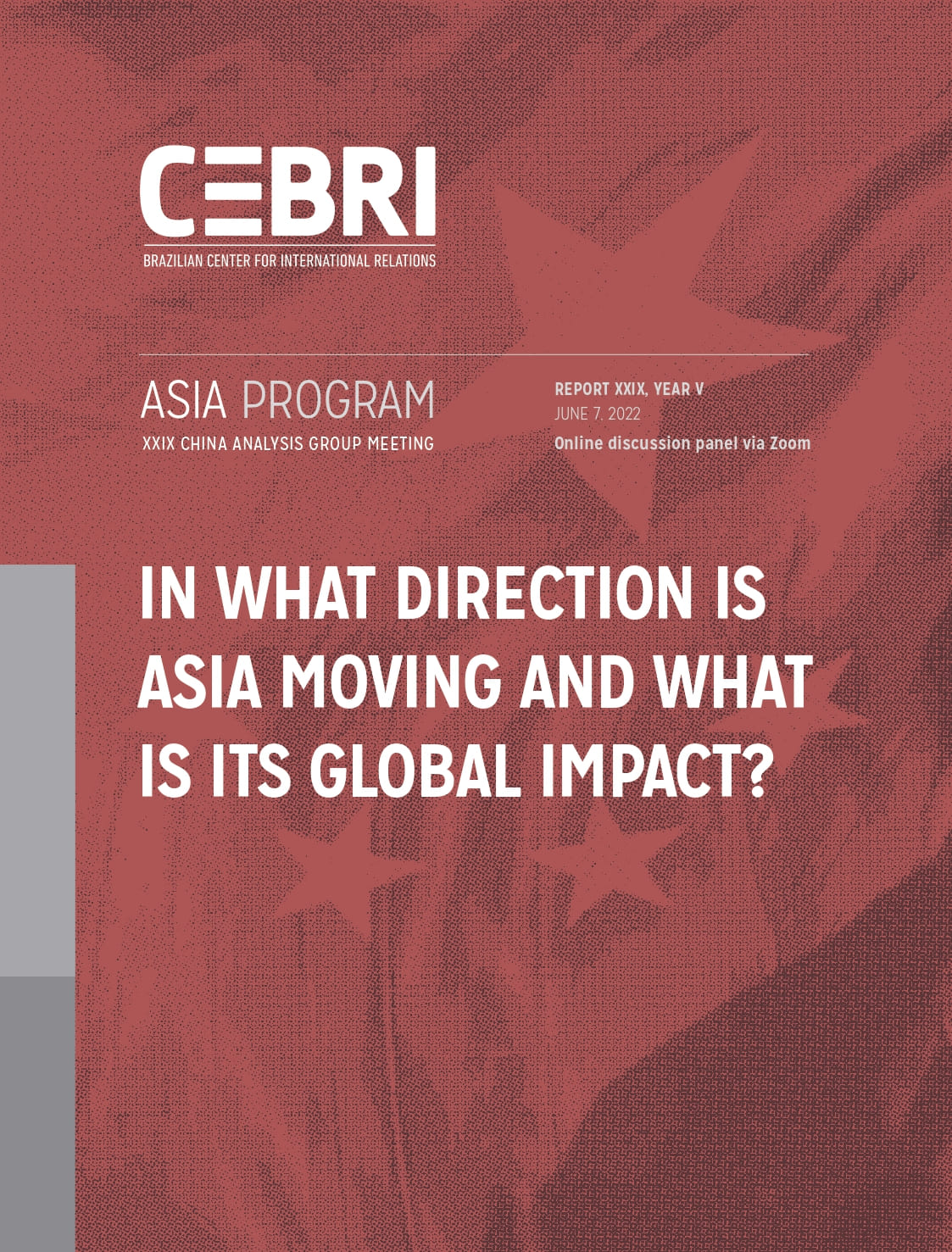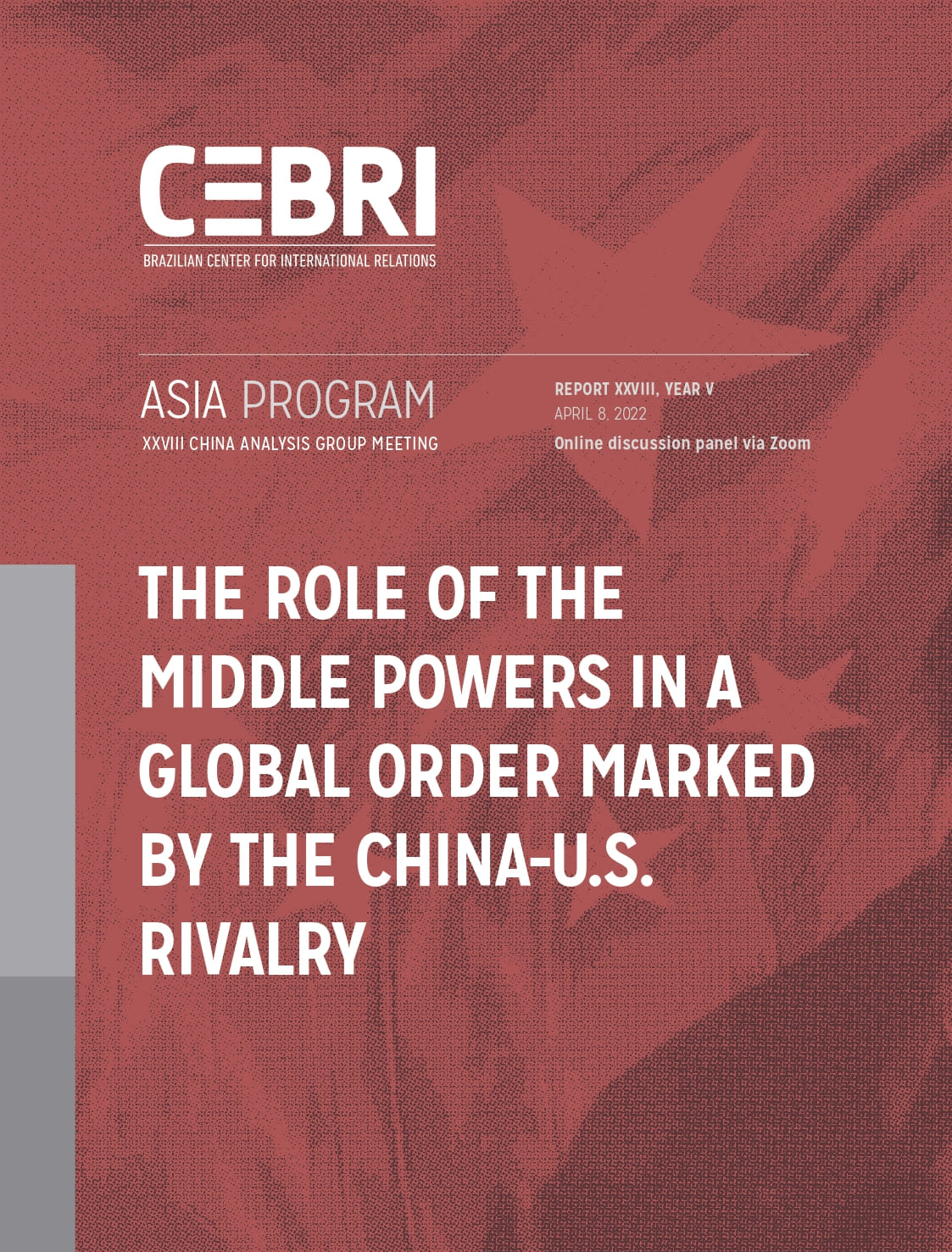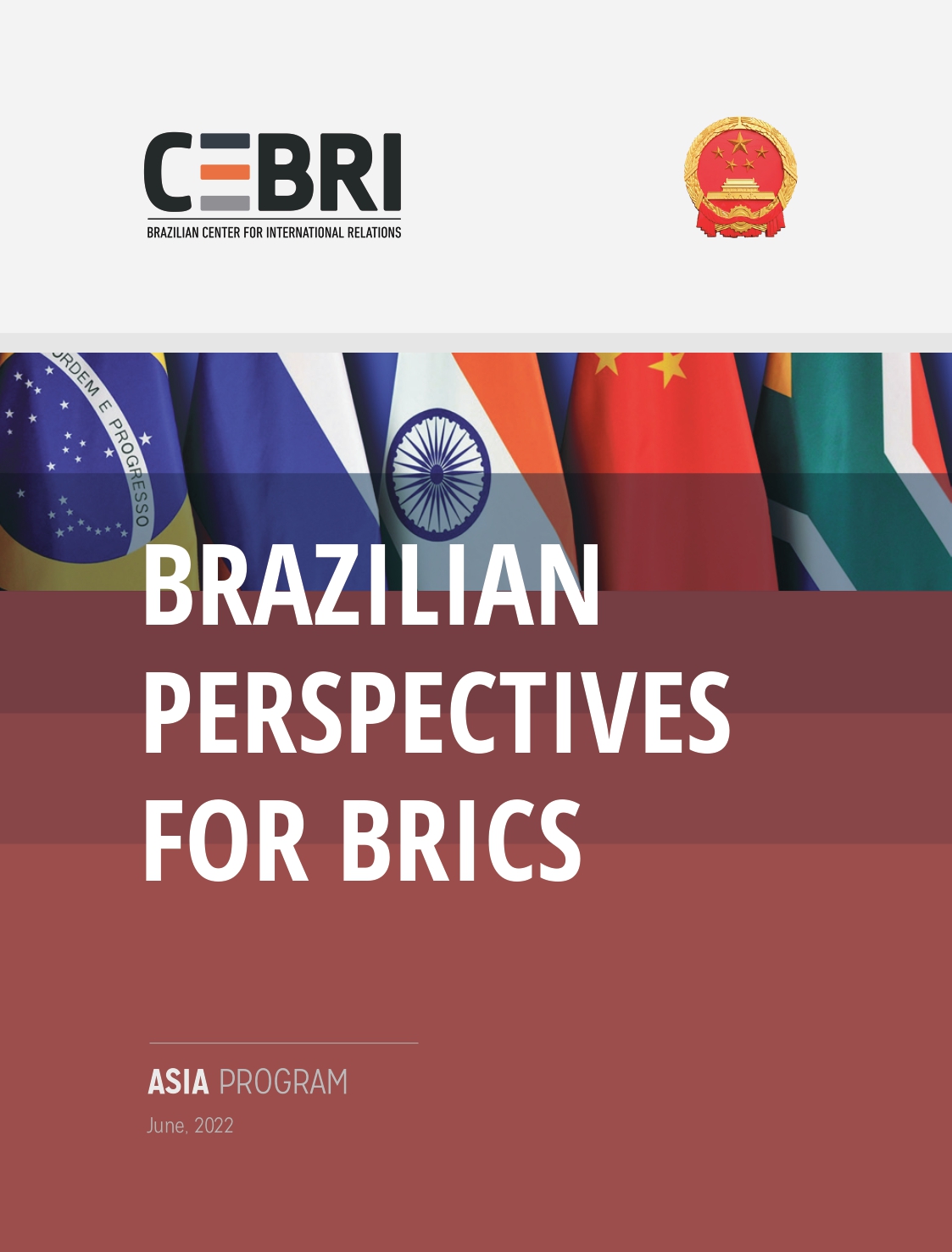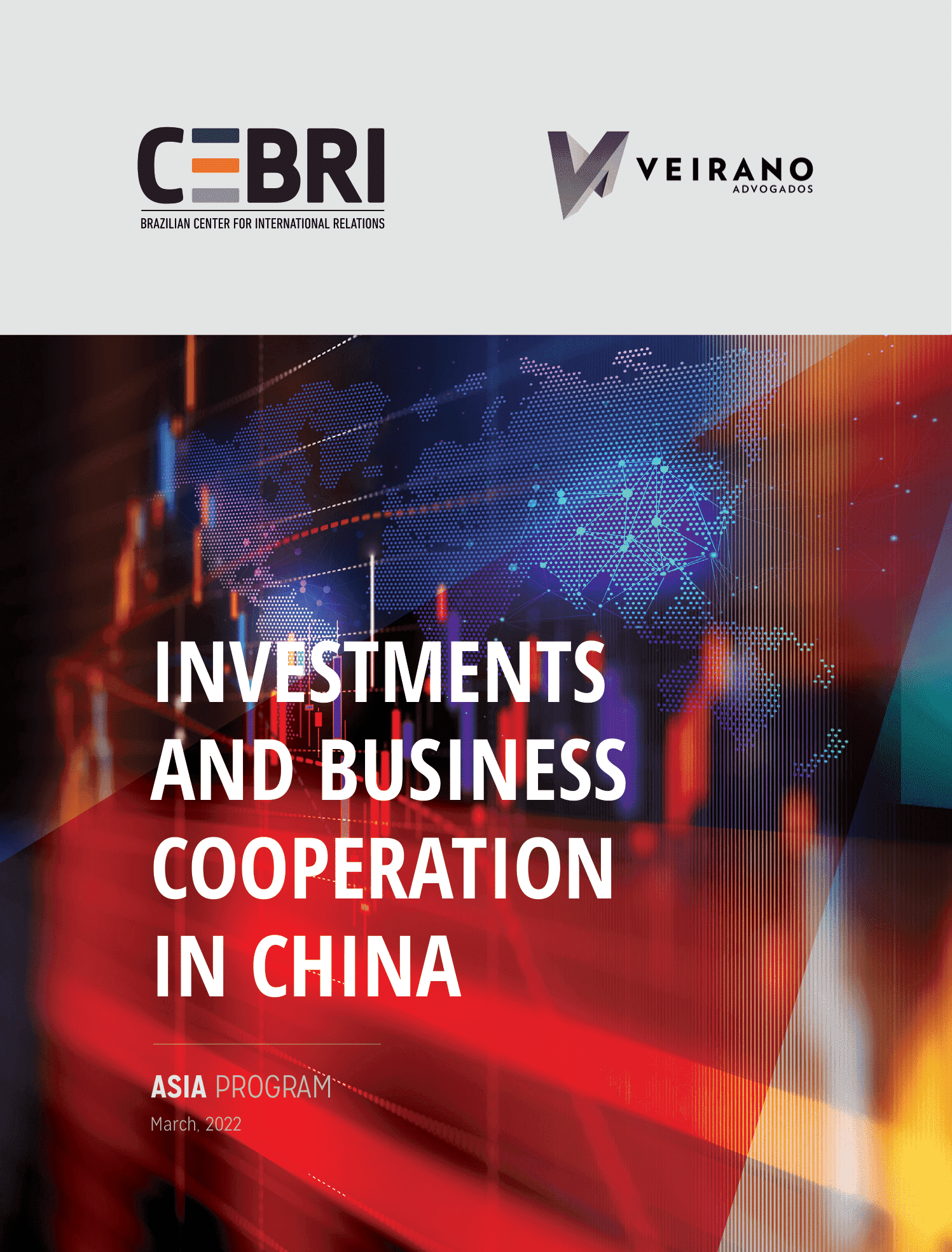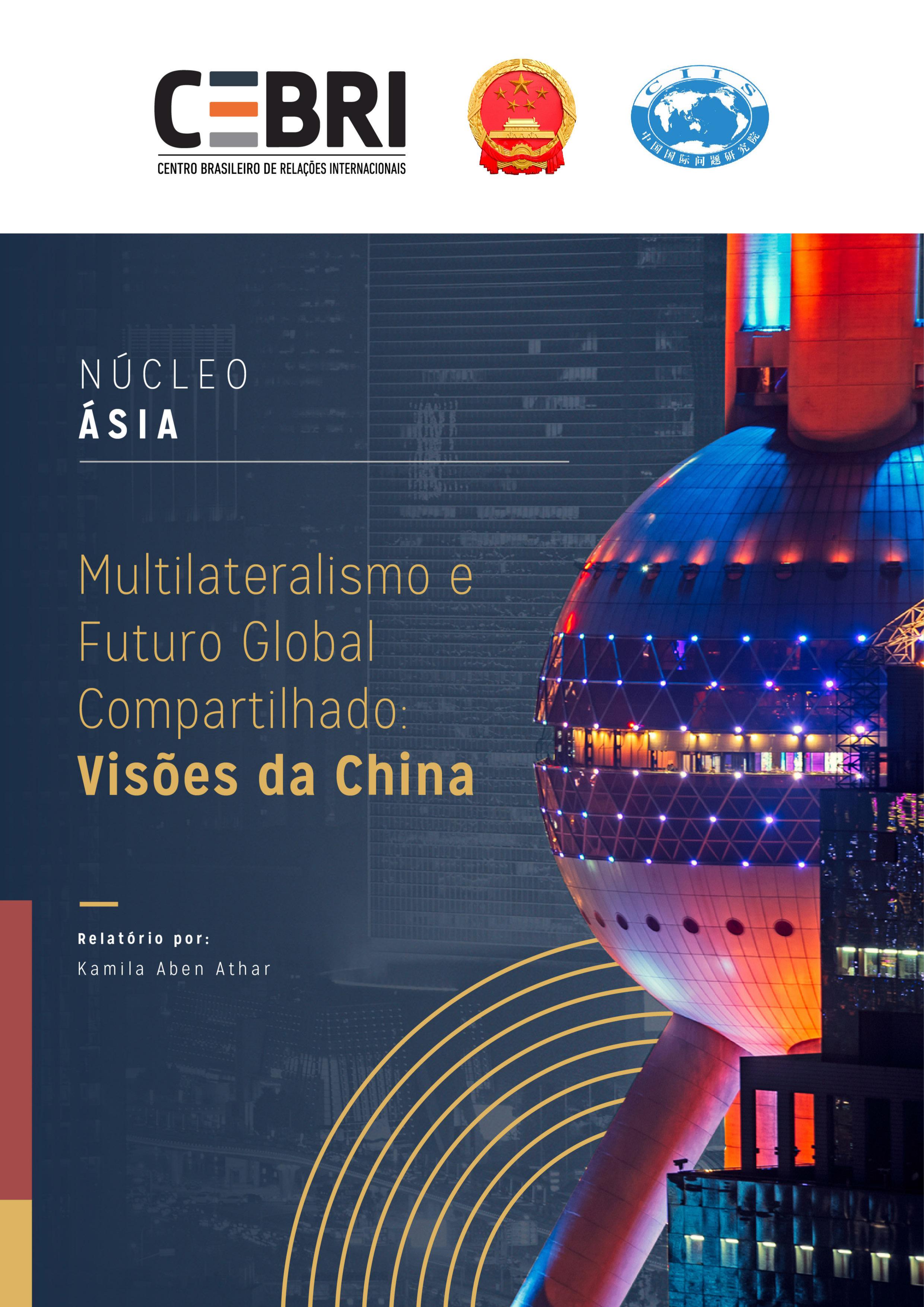At its 15th meeting, the China Analysis Group promoted insightful discussions on global environmental challenges shared by Brazil and China, highlighting priority topics for bilateral cooperation in the short-, medium- and long-term, within and beyond the 2030 Agenda for Sustainable Development. Despite the huge potential for bilateral cooperation in areas ranging from the bio-economy to climate-resilient cities, participants consensually noted a lack of bilateral frameworks dedicated to sustainable development between China and Brazil – for instance, the absence of a sub-committee aimed at environmental cooperation within the Sino-Brazilian High-Level Coordination and Cooperation Committee (COSBAN). Ultimately, better exploring the co-benefits associated to bilateral cooperation on shared environmental challenges – including but not restricted to climate change – could contribute to strengthening multilateral frameworks and global environmental cooperation.
The speakers at the 15th meeting were CEBRI Trustee Izabella Teixeira; Vice-President of the Institute of Science and Development (ISD) of the Chinese Academy of Sciences (CAS) Wang Yi; Professor of Contemporary Chinese Politics at the University of Tokyo Akio Takahara; Head of the Environment Division II at the Ministry of Foreign Affairs Marco Túlio Scarpelli Cabral; and China Programme Manager at Climate Bonds Initiative Wenhong Xie. The event's commentator was CEBRI Senior Fellow Ana Toni, and the coordinator was Senior Fellow Tatiana Rosito.
At its 15th meeting, the China Analysis Group promoted insightful discussions on global environmental challenges shared by Brazil and China, highlighting priority topics for bilateral cooperation in the short-, medium- and long-term, within and beyond the 2030 Agenda for Sustainable Development. Despite the huge potential for bilateral cooperation in areas ranging from the bio-economy to climate-resilient cities, participants consensually noted a lack of bilateral frameworks dedicated to sustainable development between China and Brazil – for instance, the absence of a sub-committee aimed at environmental cooperation within the Sino-Brazilian High-Level Coordination and Cooperation Committee (COSBAN). Ultimately, better exploring the co-benefits associated to bilateral cooperation on shared environmental challenges – including but not restricted to climate change – could contribute to strengthening multilateral frameworks and global environmental cooperation.
The speakers at the 15th meeting were CEBRI Trustee Izabella Teixeira; Vice-President of the Institute of Science and Development (ISD) of the Chinese Academy of Sciences (CAS) Wang Yi; Professor of Contemporary Chinese Politics at the University of Tokyo Akio Takahara; Head of the Environment Division II at the Ministry of Foreign Affairs Marco Túlio Scarpelli Cabral; and China Programme Manager at Climate Bonds Initiative Wenhong Xie. The event's commentator was CEBRI Senior Fellow Ana Toni, and the coordinator was Senior Fellow Tatiana Rosito.
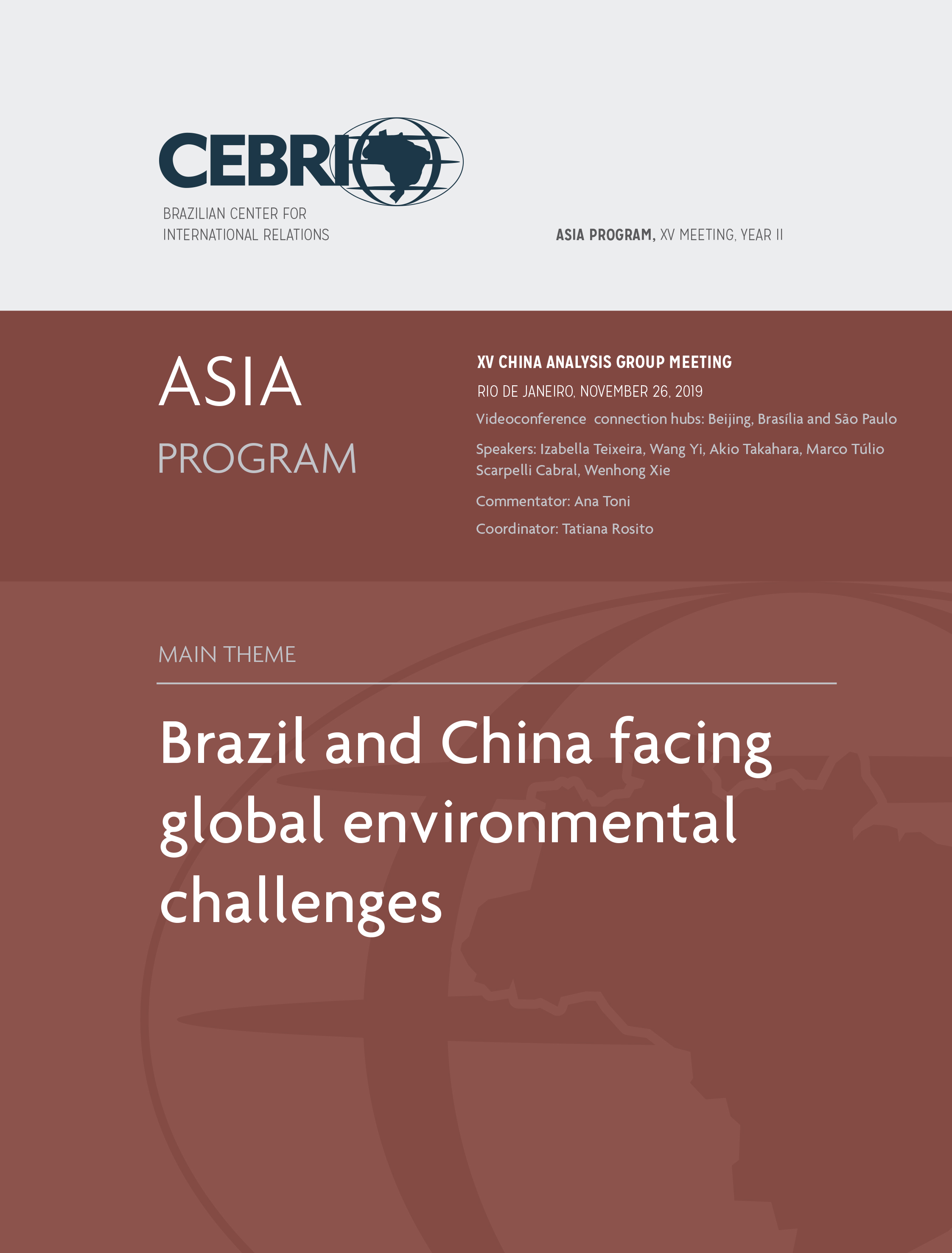

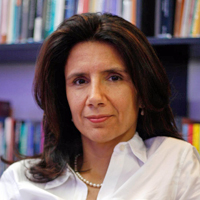

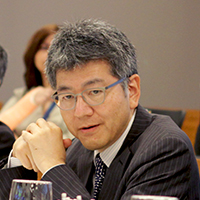

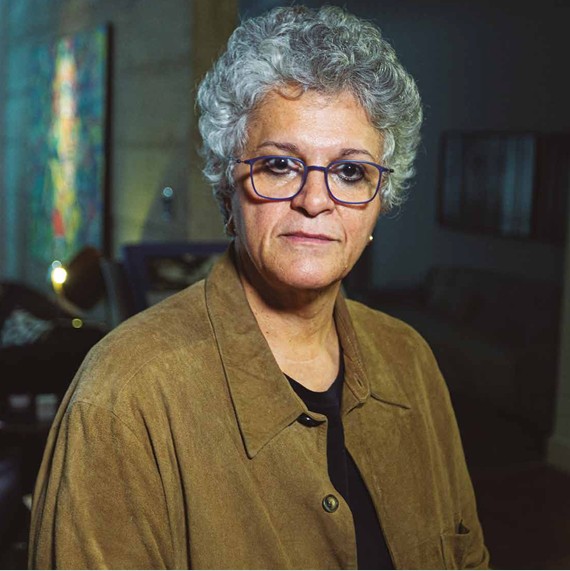
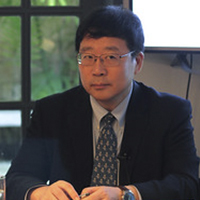

6932f633dad5f.png)
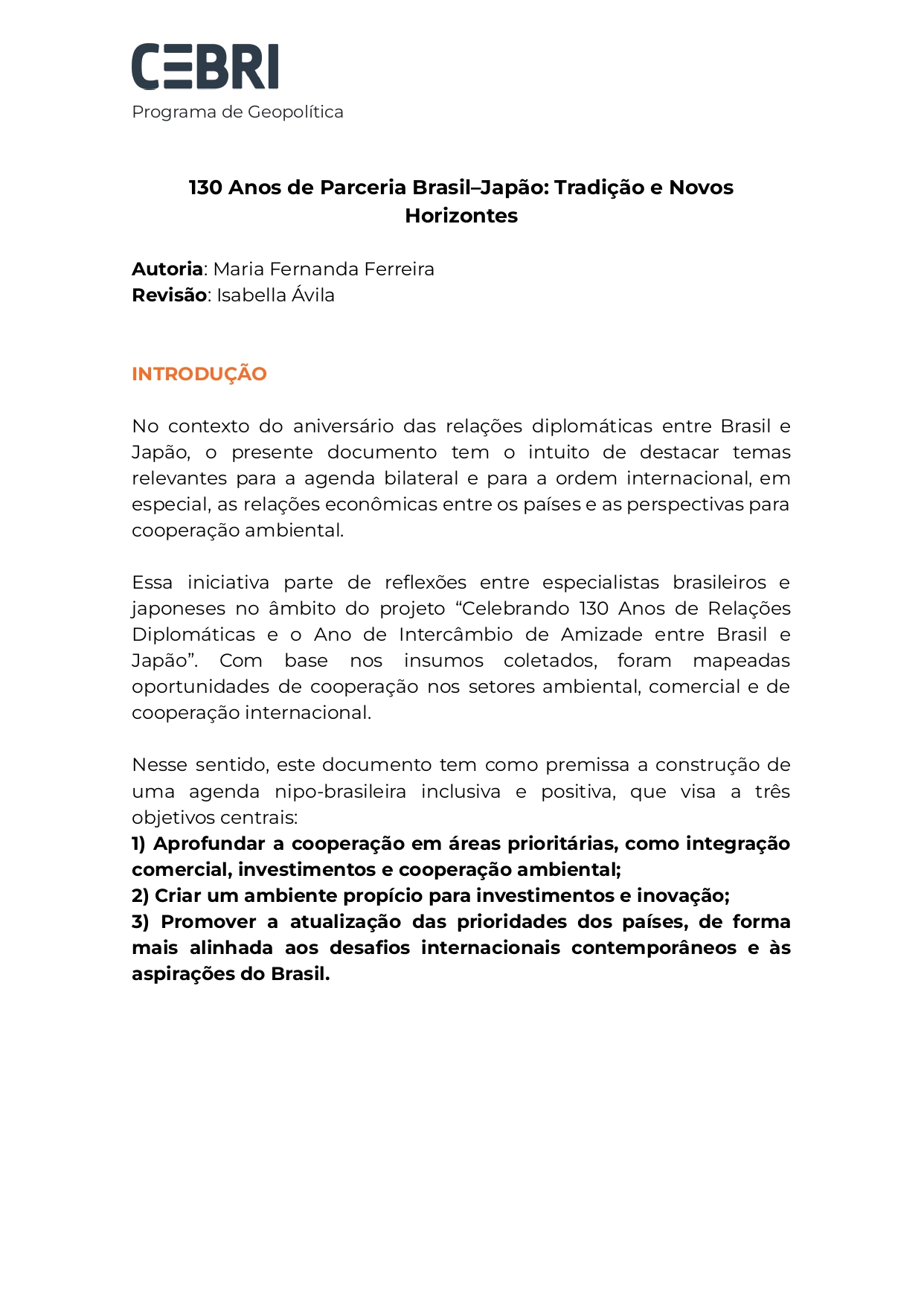
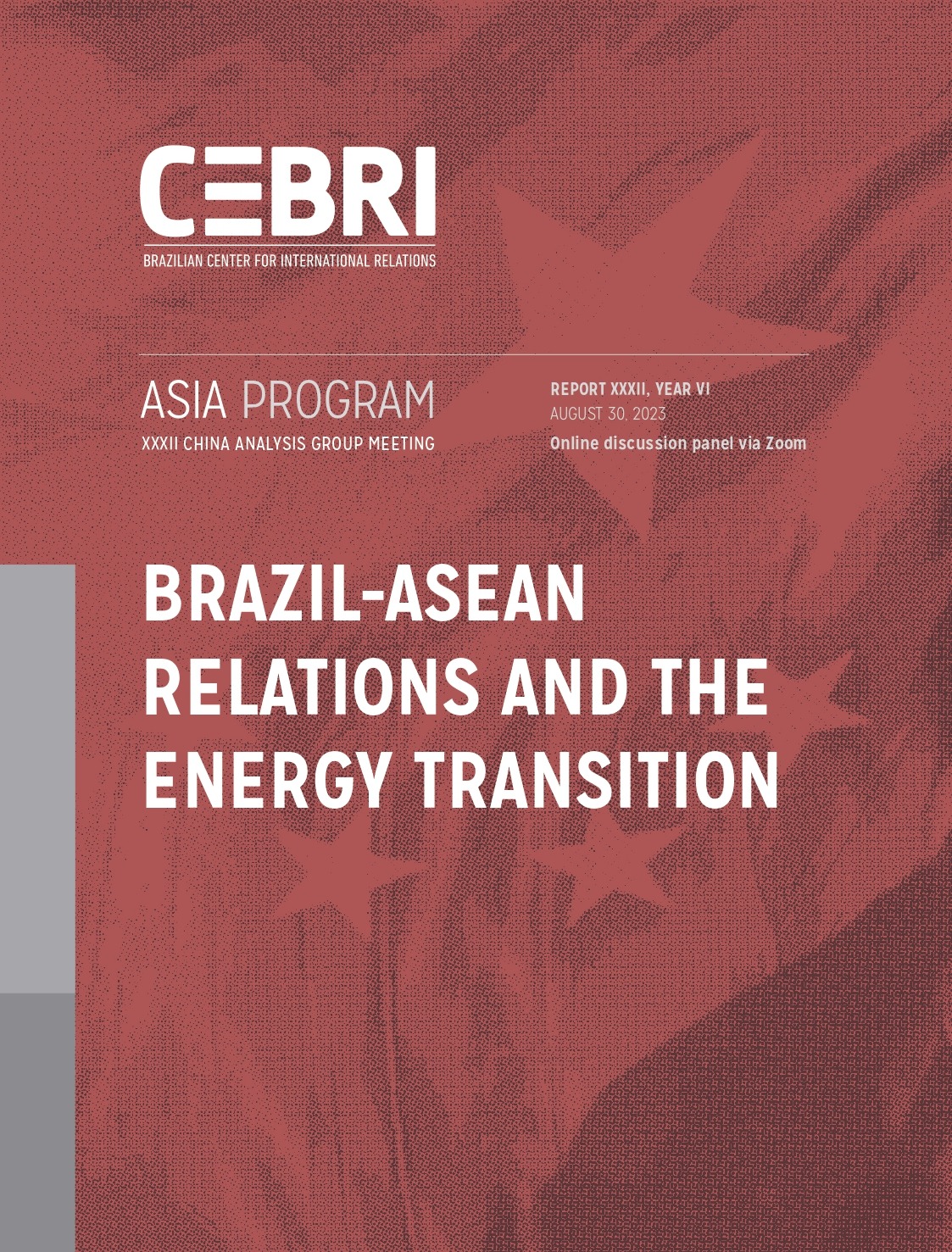
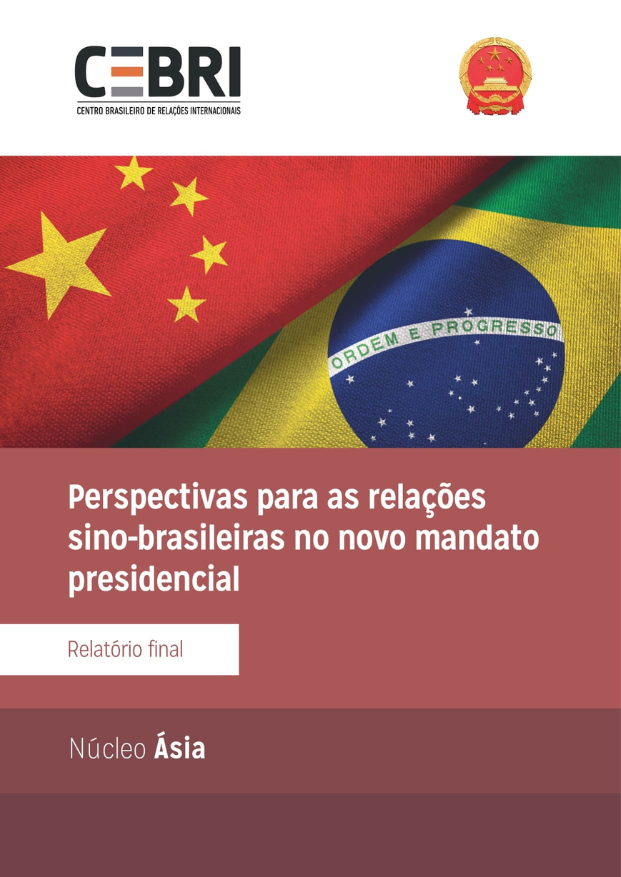
63dd462196071.jpg)
